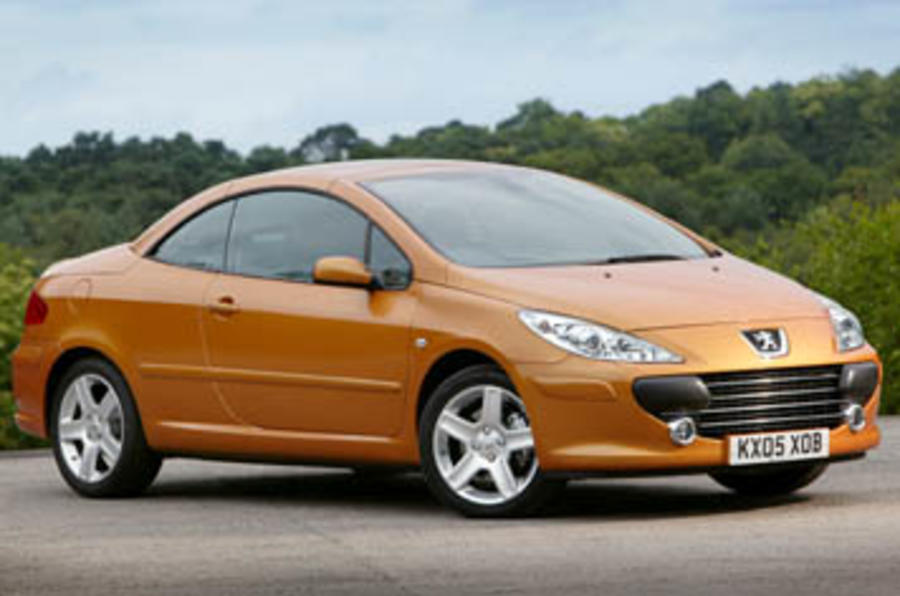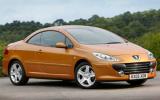The Peugeot 307 CC has always had a bit of a weight problem, with all that fancy folding glass and metal adding over 200kgs to the standard hatchbacks. When the car first appeared, buyers were limited to two variants of the same 2.0 petrol engine. A rather feeble 134bhp unit and a slightly more perky 176bhp VVT version, but really both struggled with the weight. The very obvious admission was a punchy diesel, something which rival Renault Megane CC had from the outset. But as part of the 307’s recent mid-life refresh - or slightly doubtful cosmetic surgery, depending on your opinion – the CC finally gets a decent oil burner. Decent because its the more powerful of Peugeot 2.0 diesels, producing 136bhp and 25lbft on overboost. Forget the on paper figures, which put the diesel slightly slower than the more powerful of the petrol engines. On the road, the diesel’s 90lbft advantage delivers more useable performance and copes far better with the CC’s lardy 1653kg. And for those worried that a diesel clatter won’t fit with the open-air image, think again. When warm, the idle noise is acceptable and roofdown above 30mph you’re hard pushed to identify it’s a diesel. As in other installations the 136 HDi is mated to a six-speed manual, although we question the need for six speeds, the shift action is far slicker than the five-speed box unit in petrol CCs. With the CC’s chassis putting the emphasis on cruising rather driving, the HDI engine is far better match of character. Add in better economy and pricing equivalent to the 176bhp petrol and the HDI looks like the best CC yet. Jamie Corstophine
CC finally gets the torque needed to overcome its weight disadvantage. Pick of the range.
Close












Add your comment